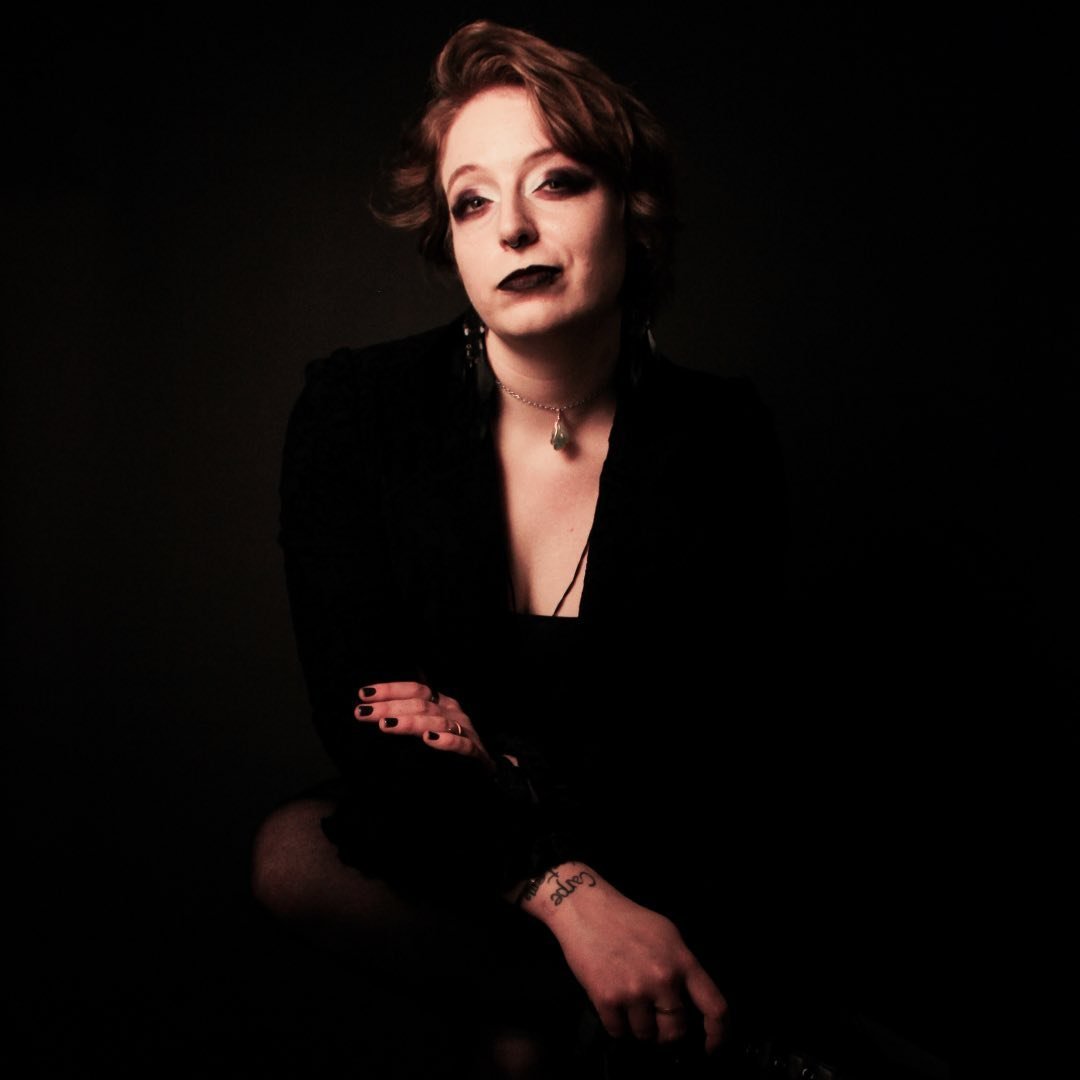We recently had the chance to connect with Ej Kempson and have shared our conversation below.
Hi Ej , thank you so much for taking time out of your busy day to share your story, experiences and insights with our readers. Let’s jump right in with an interesting one: Who are you learning from right now?
Right now, I’m learning the most from the communities I’m surrounded by, especially women, trans, and non-binary artists working in grassroots music spaces. Their resilience, creativity, and commitment to building inclusive environments constantly challenge and expand how I think about collaboration and care in the arts.
Through my involvement with Queenz Sounds and my PhD research on intersectionality and post-structural feminism in the music industry, I’ve realised that learning doesn’t only happen through books or institutions, it happens in rehearsal rooms, club nights, community studios, and the everyday moments where people support one another’s voices. Those lived, collective forms of knowledge are shaping my thinking more than anything else right now.
Can you briefly introduce yourself and share what makes you or your brand unique?
I’m a researcher, creative practitioner, and community organiser currently undertaking a PhD exploring post-structural feminism and intersectionality in the music industry — with a focus on the cultural and social differences between London and Glasgow. Alongside my academic work, I’m the founder of Queenz Sounds, a Scottish charity that supports women and LGBTQ+ people, especially trans and non-binary individuals, through music, performance, and community-building.
What makes Queenz Sounds special is its grassroots, collaborative energy — it’s not a top-down organisation but a living network of artists, organisers, and allies who believe in music as a tool for empowerment and collective care. My work bridges research and practice: I’m interested in how communities like Queenz Sounds create space for underrepresented voices, challenge traditional power structures in the music industry, and reimagine what inclusivity can look like in creative spaces.
Appreciate your sharing that. Let’s talk about your life, growing up and some of topics and learnings around that. What breaks the bonds between people—and what restores them?
I think what breaks the bonds between people most often is silence, the kind that grows when we feel unseen, unheard, or unsafe to express who we really are. In creative spaces, silence can take the form of exclusion, competition, or the subtle hierarchies that tell some people their voices matter more than others. These quiet ruptures can be just as powerful as loud conflicts.
What restores those bonds, for me, is listening and collective care. When people come together through music, conversation, or shared struggle, there’s a kind of repair that happens. I’ve seen it in community studios and grassroots projects where artists hold space for one another, where mistakes are met with empathy, and where joy becomes a form of resistance. Those moments remind me that connection isn’t something we find; it’s something we actively make, again and again.
If you could say one kind thing to your younger self, what would it be?
There are so many things that I would say to my younger self. If I had to summarise it, I would say:
“You will be safe and you will be loved”
If I could elaborate, I’d tell my younger self that you don’t have to make yourself smaller to belong, you will find your tribe, and things do get better. The spaces that can’t hold your full self aren’t the ones meant for you, and the people who make you feel “too much” or “too different” are not your audience. Keep going, even when the world feels like it doesn’t have a place for your voice yet, because one day you’ll help build those spaces yourself. I’d remind them that growth doesn’t always look like confidence; sometimes it looks like surviving, listening, and learning to trust your instincts. And most of all, I’d say: you were right to believe that creativity and care can coexist, that art can be a home, and that community can be an act of resistance.
Sure, so let’s go deeper into your values and how you think. What are the biggest lies your industry tells itself?
One of the biggest lies the music industry tells itself is that talent rises on merit alone, that success is simply a matter of working hard enough or being “good enough.” In reality, the industry is shaped by deeply embedded structures of privilege, gatekeeping, and exclusion that determine who gets heard, who gets funded, and who gets remembered.
Another lie is that diversity work is finished that because there are a few visible women, queer, or artists of colour in prominent roles, the system has changed. Representation doesn’t automatically mean equity. Real change requires redistribution of resources, not just celebration of visibility.
The industry also likes to tell itself it’s progressive, creative, and inclusive by nature, but creativity doesn’t automatically equal justice. What gives me hope, though, are the grassroots collectives, independent artists, and community projects that are rewriting those narratives every day and showing us that another music industry is possible.
Okay, so before we go, let’s tackle one more area. What do you think people will most misunderstand about your legacy?
Despite working hard my whole life to help others and encourage real, active change, many people still see me as I was as a teenager. They might call me angry, insecure, or difficult—but I think that says more about their own inability to grow than it does about me. My legacy, if I have one, isn’t about perfection or how others perceive me; it’s about the consistent effort I’ve made to create spaces where people feel seen, supported, and empowered.
I want to be remembered as someone who showed up: someone who listened, challenged structures, and tried to make a difference, even when it wasn’t easy. The heart of my legacy isn’t in labels others give me, it’s in the care, courage, and community I’ve nurtured along the way.
Contact Info:
- Website: https://www.queenzsounds.org
- Instagram: https://www.instagram.com/queenzsoundscharity/
- Linkedin: https://www.linkedin.com/company/queenz-sounds/
- Twitter: https://x.com/QueenzSounds?lang=zh
- Facebook: https://www.facebook.com/QueenzSounds
- Youtube: https://www.youtube.com/@queenzsounds
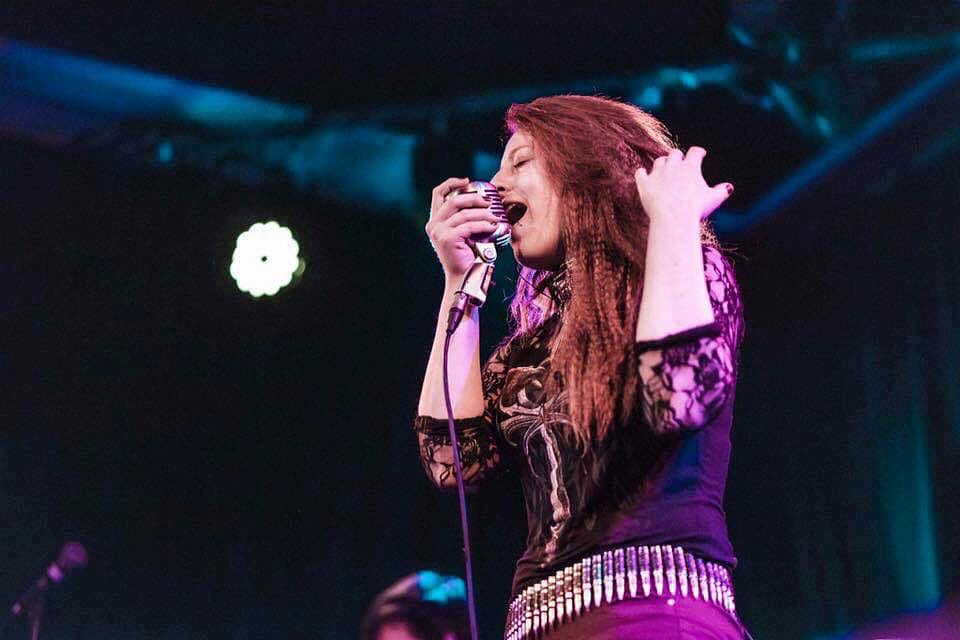
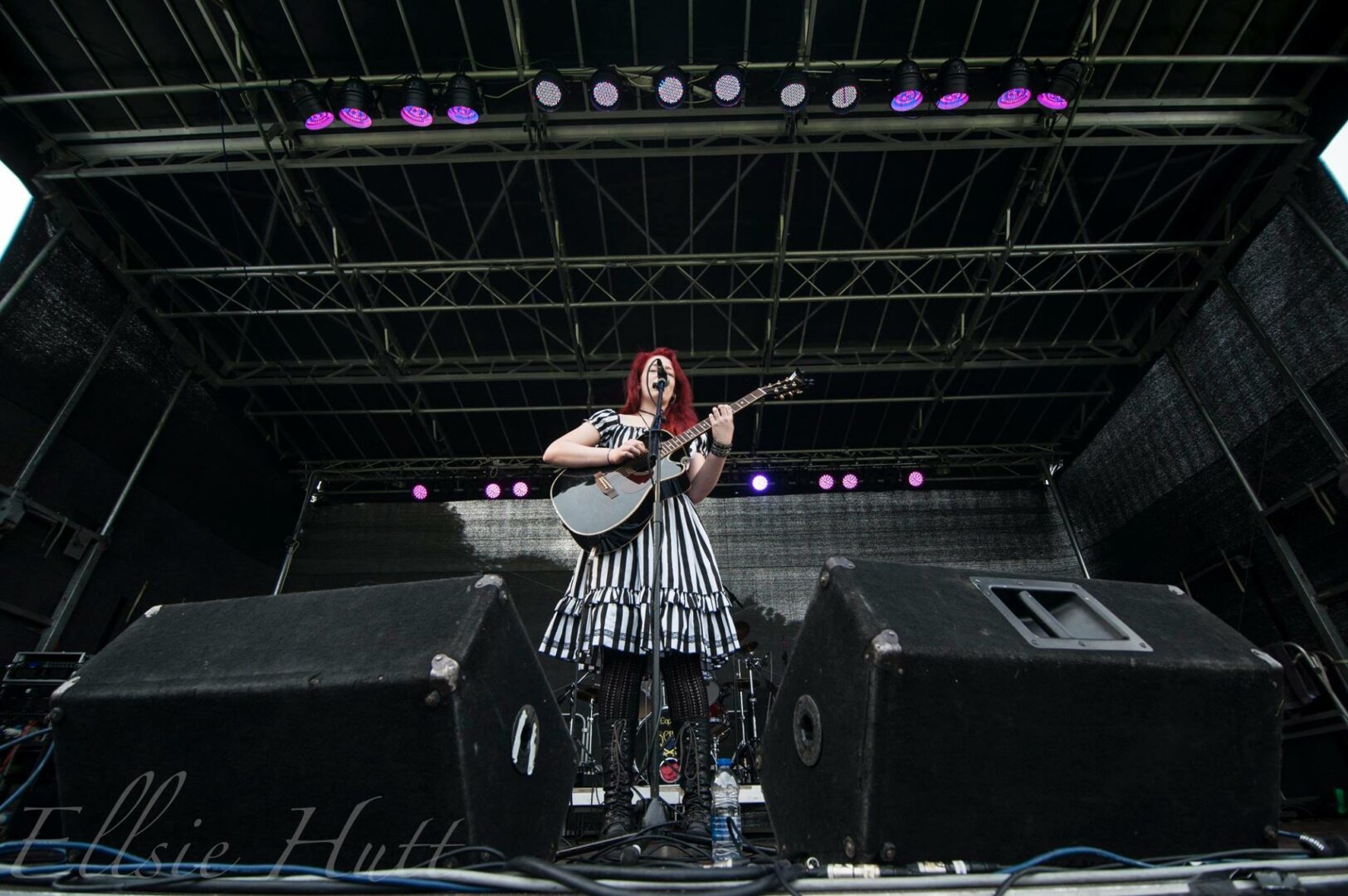
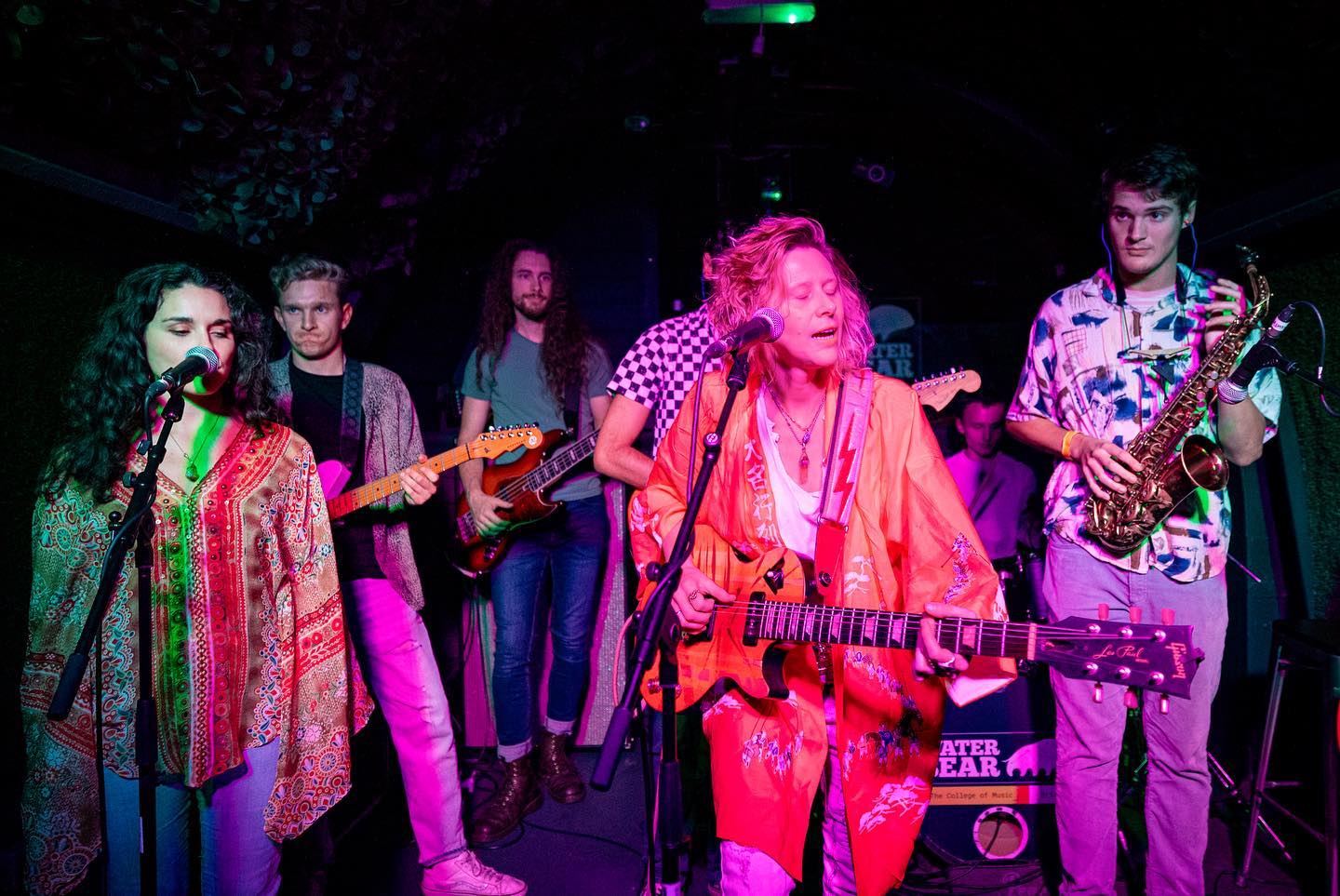
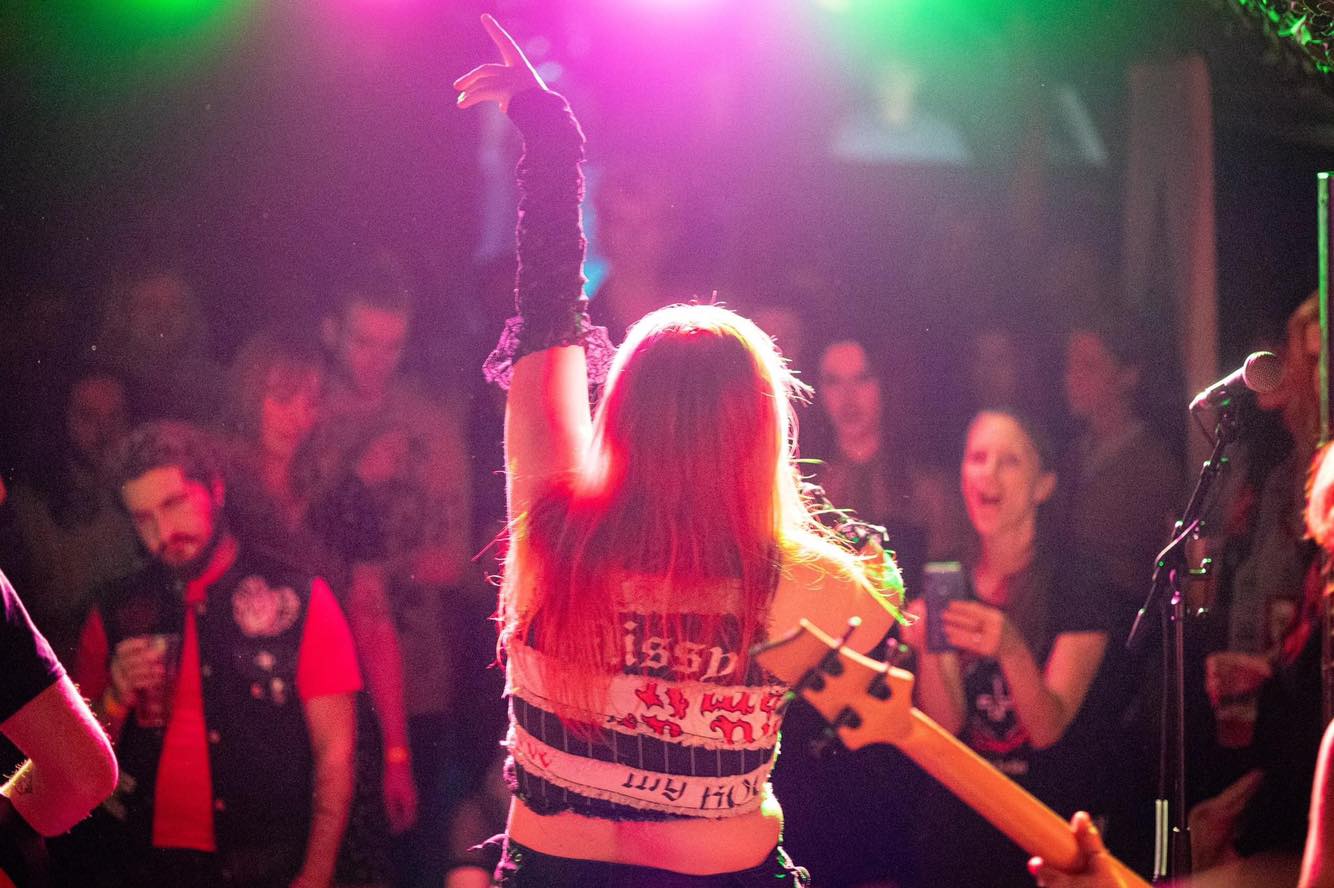
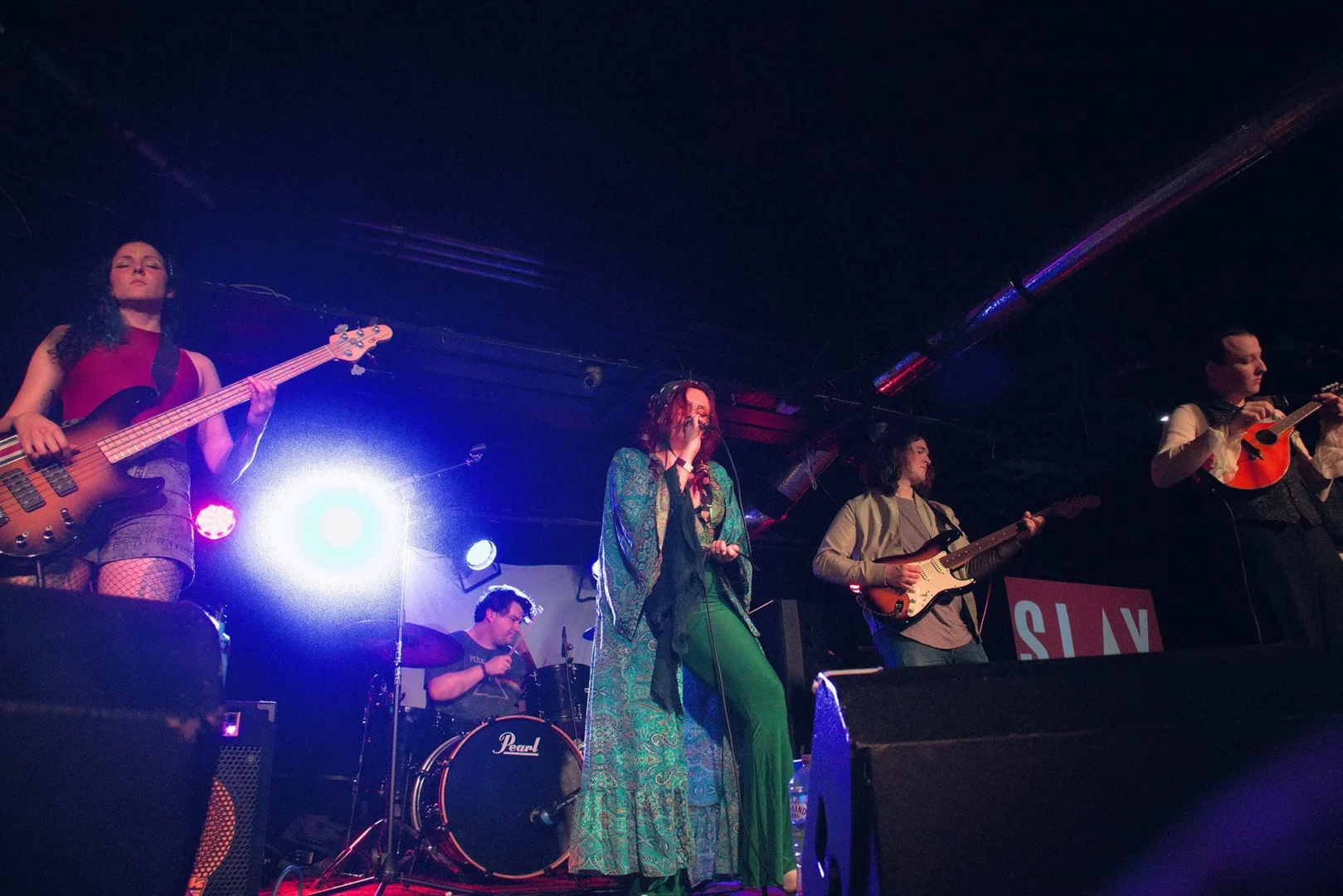
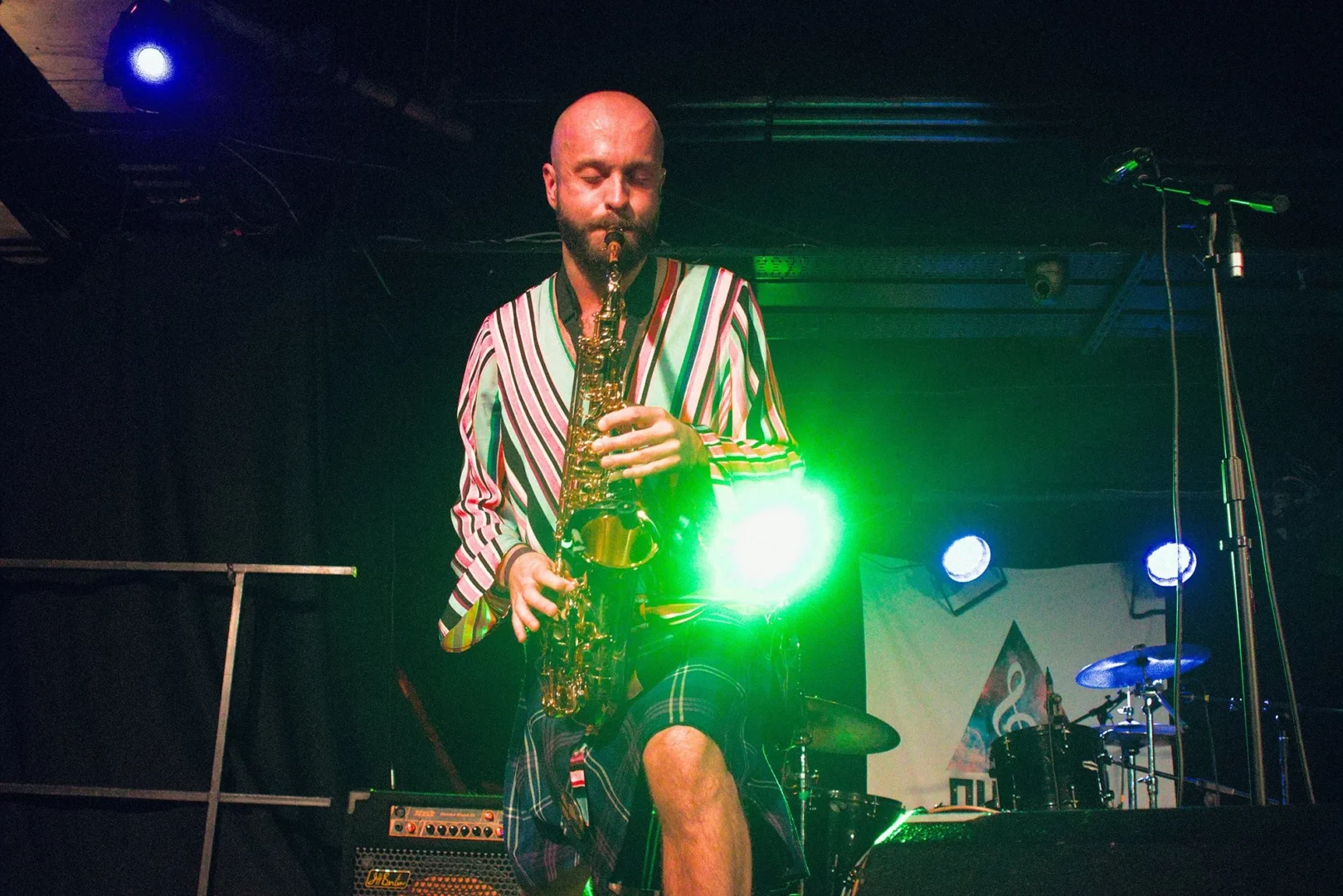
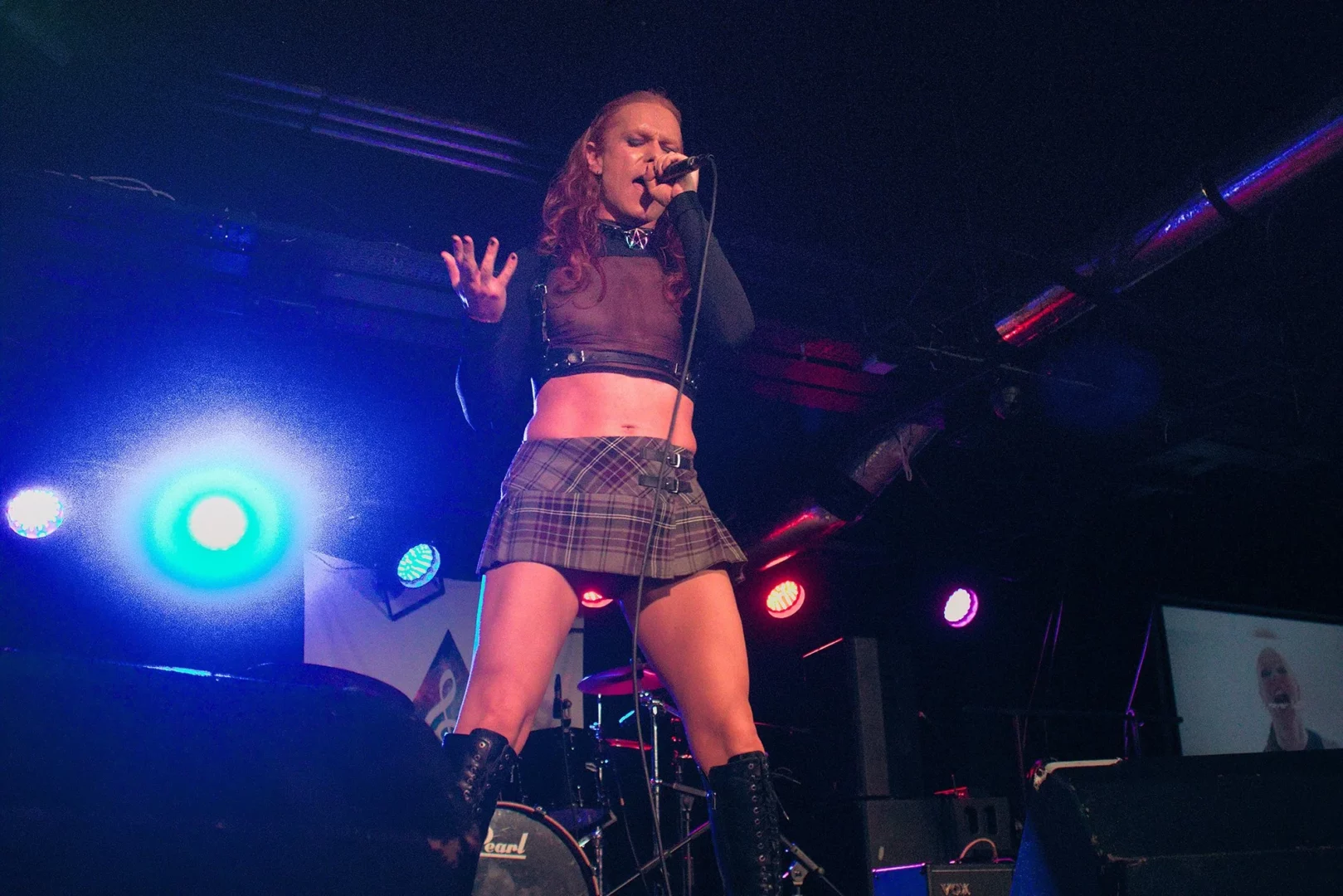
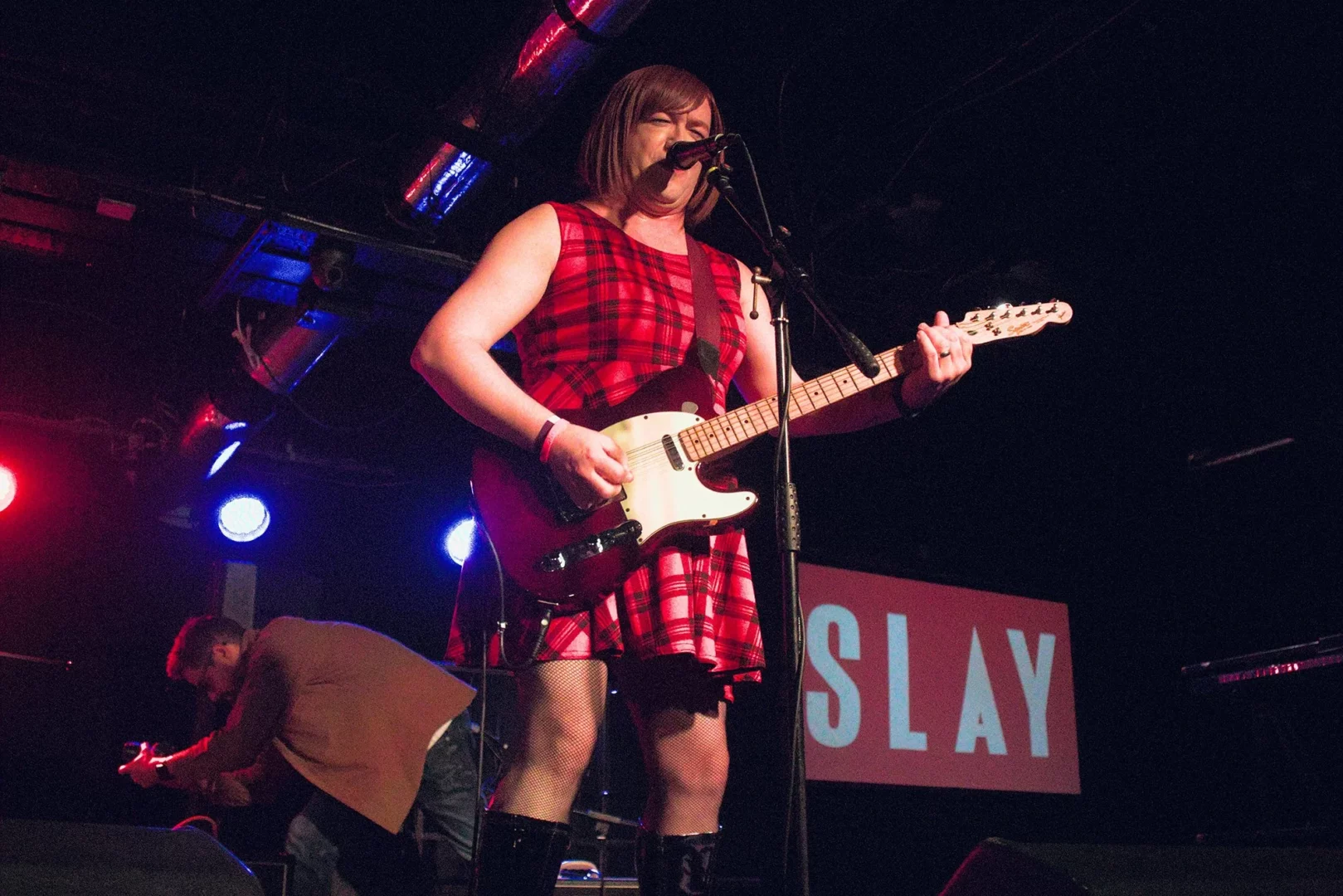
so if you or someone you know deserves recognition please let us know here.

